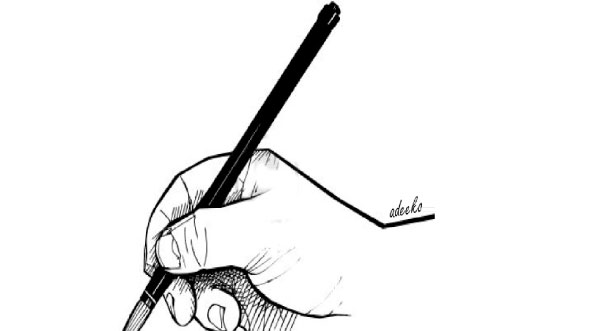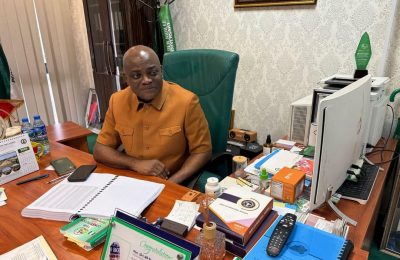I was going to write this piece weeks ago, following the conference hosted by Sheffield Business School on the theme of decolonising management education. Natalie Wilmot gave a thought-provoking keynote talk in which she discussed the concept of epistemic violence and the concomitant idea of epistemic disobedience. I thought it provided a useful framework to revisit the impact of languaging in framing reality, normalising ideas, and shaping public consciousness about established knowledge.
About sixteen years ago, I heard a Caribbean lady in a London school make an impassioned plea about the impropriety of the word “slave” as a descriptive for people. As I recall, it was on a “Black History Month”, with the usual posters of men and women in chains, in an apparent drive to draw attention to the horrors of transatlantic slave trade. This is regular “diet” during the Black History Month, by the way. Probably well intentioned, but you’d be forgiven for assuming the history of Black people began a mere§ 400 years ago- a disservice to thousands of years of culture and civilisation. But I digress. Back to the school lady. Her intervention challenged her colleagues to re-examine the merits of the word “slave” as a descriptive for human beings. She was ignored and treated like a nuisance. In today’s parlance, You’d day she was cancelled. I suspect many simply found her challenge unnerving, making them uncomfortable and defensive. Yet her challenge was not an affront to any individual, but an admirable and commendable effort to raise consciousness about how language can be used to dehumanise.

Come to think of it: there were, in fact, no slaves, and never have been. There are, instead, the enslaved- human beings who were violently deprived of their freedom and dignity by others. The violation of their dignity does not change the eternal fact of their humanity. They were humans before captivity; they remained humans after captivity. To assert otherwise is to deny the intrinsic, inviolable essence of their humanity- as though it is a gift that other humans can give and take away on a whim.
The other phrase I am bringing under scrutiny is “colonial masters”- a phrase that, if you pause a moment and say it to yourself, is truly cringeworthy. It is a curious thing that this phrase still persists in the lexicon of public intellection. The idea of “colonial master” conjures and legitimises the discredited idea of a master race- an idea that many who still use the phrase “colonial master” would readily repudiate with vehemence, but are still caught up in the self-cosseting epistemic laziness that continues to normalise or trivialise its use. It is my view that the phrase “colonial master” is an enactment of epistemic violence: it whitewashes some horrific passages in modern history, an experience from which many nations and peoples are still reeling. No, there were no colonial masters. There were colonial invaders, who through the force of arms imposed foreign rule, extracted resources, and systematically dismantled local cultures and social structures, leaving generations to endure the devastating impacts of exploitation, displacement, and the erasure of indigenous knowledge and traditions. Yes, we must also account for the fact that, in many cases, the colonial invaders did this with active participation of some in the indigenous populations, but this does not make it less horrific, and the language we deploy must do justice.
We must be true to history, but neither guilt nor grievance is the appropriate or helpful response. What is important is being open to challenge and reflection that help raise our collective consciousness as society. Old assumptions and lexical orthodoxy should be subject to critical scrutiny as we reflect on the past, make sense of the present, and shape the future.
Kolade is a professor of entrepreneurship and digital transformation at Sheffield Business School, Sheffield Hallam University, UK and the convener of the International Alliance for Justice and Peace (IAJP), a citizen advocacy organisation based in the UK.
READ ALSO: Nigeria’s hunger crisis deepens with 33 million at risk







